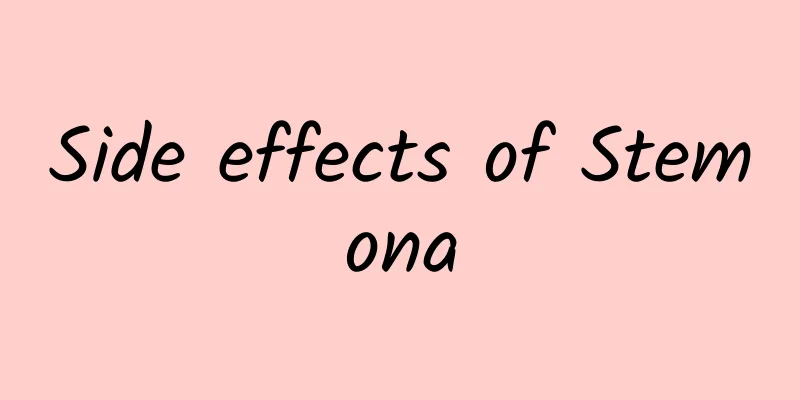What to do if you have sad nipple syndrome

|
Many female friends do not know what causes sad nipple syndrome. They just show physiological phenomena such as low mood and lack of sexual desire when encountering this symptom. This mainly occurs during breastfeeding and is mainly related to the behavior of breastfeeding. I hope mothers should pay attention to their breastfeeding posture. You can learn about the treatment of sad nipple syndrome. It seems that there is no relevant research on this psychological symptom called Sad Nipple Syndrome, but it is true that many people (both men and women, mostly women) have had this psychological experience. Specifically, when the nipples are stimulated, one feels a sudden sense of loneliness, solitude, and even regret, accompanied by sexual apathy (or the inability to trigger sexual desire) and a physiological urge to cry. The closest thing we can find is a dysphoric The physiological phenomenon of milk ejection reflex (I don't know if there is a more formal Chinese name for it) is more common in breastfeeding women. The main psychological symptoms seem to be similar to the Sad Nipple Syndrome on the Internet. When nipple-related actions occur during breastfeeding (mostly breastfeeding behaviors), the woman will feel sudden depression, sadness, guilt, etc. Many breastfeeding women also say that they can feel this feeling when milk is secreted, and this psychological feeling is relieved a lot after the milk is "emptied". It turns out that stimulating the nipples will produce a hormone called "oxytocin". The initial function of oxytocin is to promote uterine contraction during delivery and assist in childbirth. At the same time, a more popular and crude view is that the four major postive/happy hormones, including oxytocin (the other three are dopamine, serotonin and endorphins), can promote people's positivity, happiness, trust, falling in love, etc. As for oxytocin, it is generally believed that it can be used to help mothers build intimacy with their children during breastfeeding, and in interpersonal communication, it can also help people overcome shyness, including in heterosexual relationships. However, studies after 2010 have shown that oxytocin is not a purely "good" hormone as originally believed, and it can even stimulate some negative emotions. On the other hand, for people with DMER, dopamine levels drop during breastfeeding to help release oxytocin and prolactin, and such changes in hormone levels may trigger negative emotions such as sadness and negativity. |
<<: Old Chinese medicine doctor treats impotence and premature ejaculation
>>: Can I still breastfeed if I have breast inflammation?
Recommend
The efficacy, effects and side effects of Feier Pills
The main effect of Feier Pills is to treat indige...
What medicine can cure high blood count quickly?
High blood count of babies is something that pare...
What to do if your child's legs are not straight
During the process of a child's physical deve...
How many days does it take for Chinese medicine to take effect?
When using traditional Chinese medicine to treat ...
Benefits of abdominal muscles for sexual function
Many men hope to have nice abdominal muscles, bec...
How to treat liver depression and blood stasis
Liver depression and blood stasis are mostly caus...
Is it serious if a woman has a cyst on her left kidney?
Renal cyst is a relatively common symptom. There ...
People with kidney deficiency all have this smell on their bodies. Smell it and see if you have it.
There are many manifestations of kidney deficienc...
How to treat kidney yang deficiency
As our living standards continue to improve, many...
Several issues on orthodontic anchorage nails
When correcting teeth, support pins are often nee...
Will thrush get better without treatment?
Many newborn babies suffer from symptoms of thrus...
What causes frequent dizziness, nausea and vomiting?
Dizziness, nausea and vomiting are common clinica...
How to get rid of eczema marks
Eczema is a common skin disease. After improving,...
Polycystic liver and polycystic kidney
Do you know what polycystic liver disease and pol...
What are the causes of hemorrhoids?
Hemorrhoids have a great impact on people's l...









